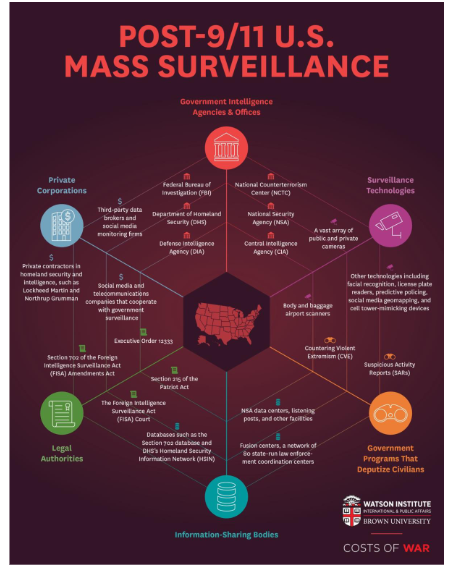It is not uncommon to hear lawmakers from around the world paint cryptocurrency with a broad brush stroke, but to address the proverbial elephant in the room, is Monero sometimes used for illegal activities? Yes. Are more traditional assets (real estate, fiat currency, et al.) used for illegal activities? Yes, and at a much larger scale than Monero. Individuals looking to commit crimes will use any means to hide their activity that is effective, and since Monero’s privacy features work so well, it can be an exceptional tool for hiding this type of activity. To draw a parallel, the internet can be used to facilitate cyber crime, but no one would consider all internet users criminals. The argument propagated by many opponents of cryptocurrency that it is used primarily by criminals and terrorists is a faulty generalization, specifically an inductive fallacy – meaning a conclusion about all Monero network participants is drawn after only considering a specific small minority of the group.
Current research suggests that even if we were to intentionally inflate statistics regarding the use of cryptocurrency in criminal activity, it would still only account for 0.2% of global GDP. A 2022 study from the US Treasury Department also states the use of cryptocurrencies like Monero for money laundering is still “far below that of fiat currency and more traditional methods”. Those considered experts within the ecosystem itself, like Chainanlysis, also support the idea that the criminal use of cryptocurrencies is overblown. The firm’s 2022 and 2023 crypto crime reports confirm that illicit cryptocurrency transactions only represent less than 1% of total transactions (0.12% and 0.24% respectively). These same reports also acknowledge a clear preference for the use of cash when it comes to criminal activity.
The arguments by politicians that propose crypto is for criminals is a red herring meant to distract the public from the reality of a growing erosion of privacy in nearly every aspect of our lives. This is true globally as we have seen an explosion of surveillance through private tech companies and the state in the past two decades. This is particularly concerning in the United States where privacy is not specifically an enumerated right within the Constitution. Despite years of attempts at reforming some of the practices famously exposed by Edward Snowden, there are still incidents of US agencies misusing mass collection databases – over 278,000 times between 2020 and 2021.
All forms of government throughout history have enacted systems to quell dissent and track individuals or entities deemed a threat – today is no different. However, the vast expanse of data available today in the information age moves us ever closer to an Orwellian society where guilt is presumed unless proven otherwise. Mass collection of information on ordinary people is not ethical, but those in power will attempt to re-frame it as positive at all costs. If that is not possible, collection will be done as covertly as possible. Monero offers one escape hatch out of the surveillance state, and it is because of this that those with power will attempt to stigmatize it.
The current mass collection apparatus in the US:
